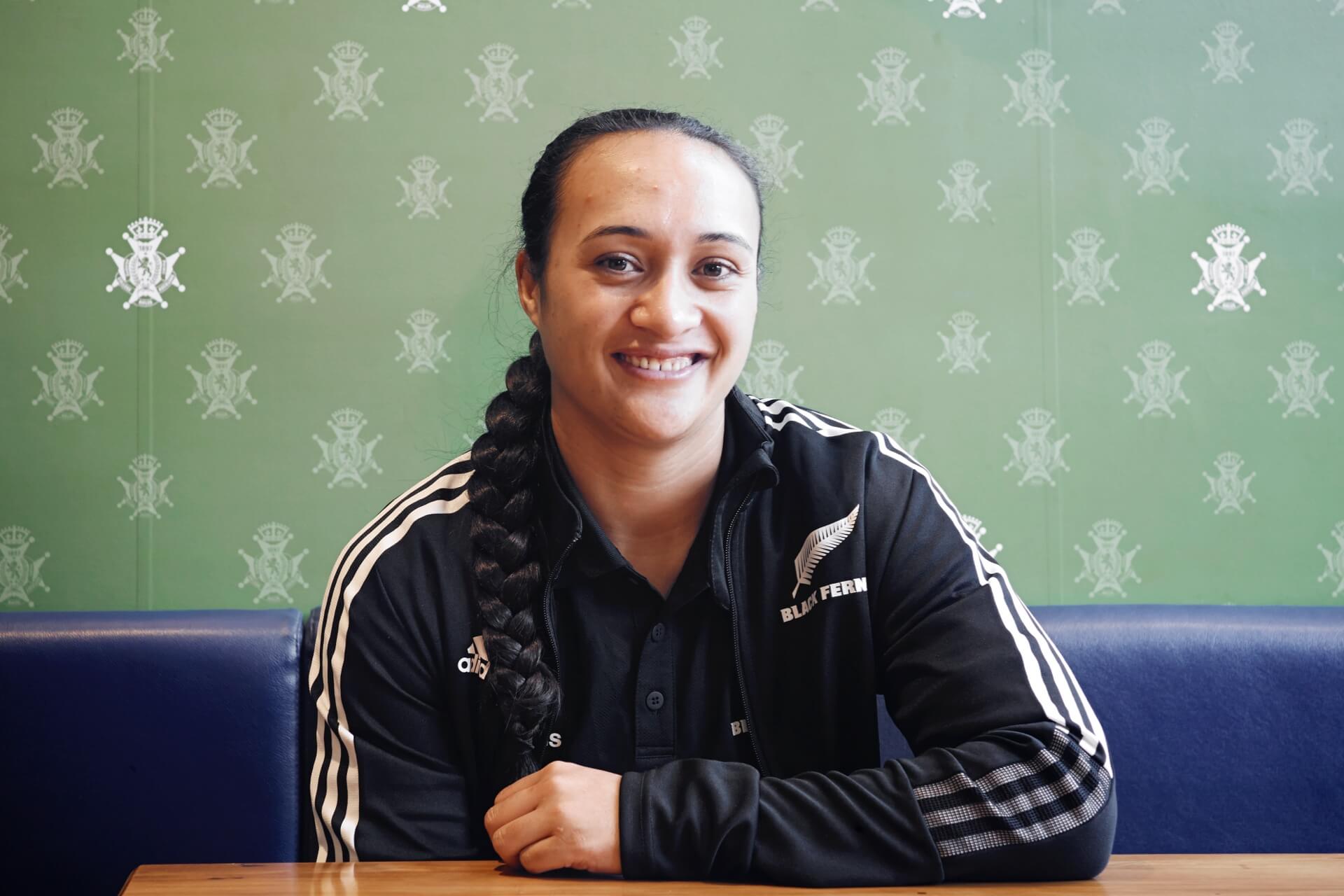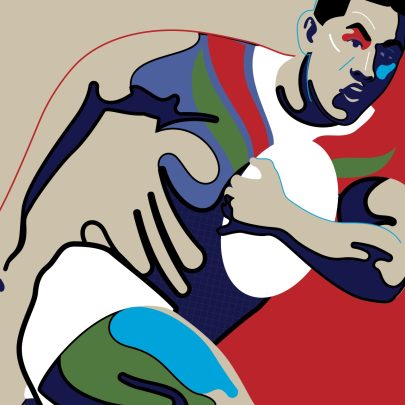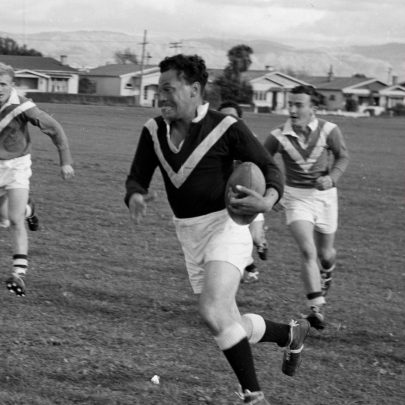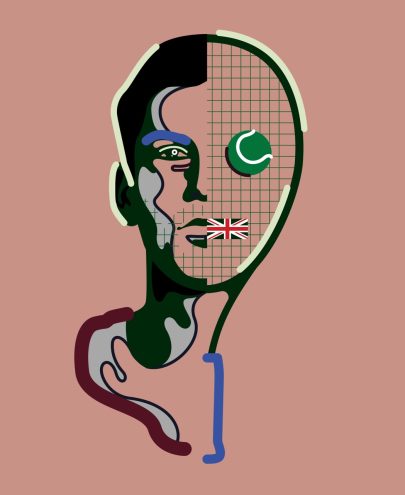Aug 26, 2022 Sport
It’s getting cold in the carpark of the College Rifles club in Remuera. Training for the senior teams starts soon and Ruahei Demant will make the walk over to the corner where her women’s side, currently top of the table in the Auckland club competition, trains under a row of trees that scatter acorns over the turf field.
It’s a noisy home for the side known as the T-Birds, owners of a proud history that includes numerous Coleman Shield wins, the highest Auckland honour for the women’s game. There’s plenty of chanting, laughter and encouragement from the 30-odd-strong squad once they begin their practice, but right now Demant is chuckling about the first time she arrived at the club back in 2013. She proudly hails from Te Whānau-ā-Apanui, Te Whakatōhea and Ngāti Awa, the same iwi as All Black brothers Rieko and Akira Ioane, and Victoria Cross recipient Willie Apiata.
Their whānau had moved north from tiny Ōmāio in the eastern Bay of Plenty to Warkworth, and had heard that there was a club in town that had a decent set-up for girls and women’s rugby. It was a long drive to Remuera, but when their father went to drop them off, second thoughts crept in. “We hadn’t ever been in Auckland, so the first time we drove here it was chaos,” she says. “Then we arrived and I saw two people walking past the car. It was (former Black Fern) Doris Taufateau and someone else and they were the biggest people I’d ever seen. Kiri and I were shit scared, but Dad was like ‘Get out! Go warm up with the girls!’”
Demant and her sister Kiritapu dutifully attended training — the players they’d seen turned out to be lovely and welcoming. Before long, they walked up the steep sloped carpark and into the clubrooms. The sisters were greeted with something they’d never seen before: above the bar were framed pictures of women in black jerseys. Eighteen in total, they represented the club’s unique position: being one of the few sports clubs in the country where the representative list is utterly dominated by women. “We came in and saw all the Black Ferns around the club. So coming in and not knowing the club’s rich history, it was really inspiring. Knowing that I was playing alongside past and present Black Ferns, having Anna [Richards, 49-test veteran] as coach was really inspiring.”
When the Demant sisters first saw the pictures they decided between each other that one day they would be on the wall too. She and Kiritapu became the first Māori sisters to represent the Black Ferns, and the fifth pair of sisters overall.
It was the sight of these pictures that set her on the path to where she is today. Within three years Ruahei Demant was playing for Auckland. In 2018 she debuted for the Black Ferns. In April, she was named captain of the national side for their mid-year series against Australia, Canada and the United States. “I always felt like this place was inclusive. I remember when a couple of the girls got selected for the Black Ferns, we came up to a full club rooms and the whole place acknowledged them and gave them a koha. They’re always behind us — our team is always treated the same way as the prem boys. I thought that was normal till I heard how the other girls’ teams are treated at other clubs — I’ve never experienced that here. You have good seasons and bad seasons, but it makes such a difference to play for a club that is so supportive of women’s rugby — because not everyone is. It’s why I’ll always stay and represent this club with pride. Because they always support the girls, all the time.”
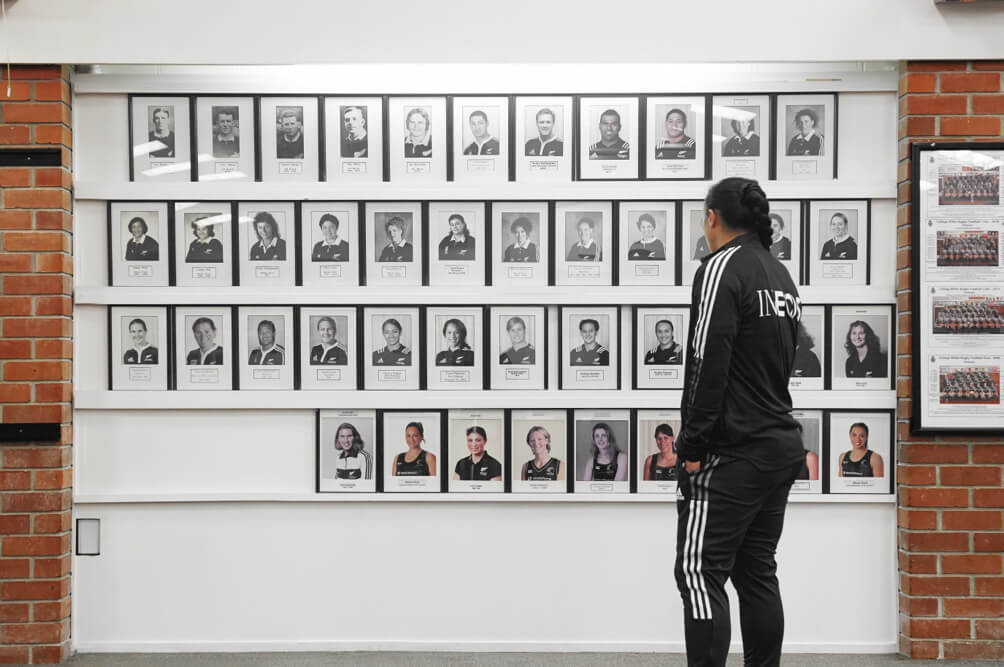
Demant at College Rifles
The photos that inspired Demant so fervently have been moved from above the bar to the main function room. It’s here that Demant’s mother Vicky taught the mens’ and womens’ premier teams the waiata and haka that was performed on Anzac Day, the most sacred of dates for the College Rifles club. It was formed in 1897 as a militia unit that went to the Boer War, so in its 125th year the sight of the overwhelmingly Māori and Pasifika female player base turning out shows how far society in Auckland and Aotearoa has come since then. Demant is like most of the players, male and female, at Rifles who live outside of the club’s home patch of Remuera — one of the most old-money areas in the entire country, where the fields are surrounded by millions of dollars worth of real estate.
“Whenever people try and say things about our club, I always tell them about how it was started. The rich military history it has — ever since we’ve lived in Auckland we’ve come here for Anzac Day. Coming from the East Coast we have our own history, especially with the 28th Māori Battalion, so to be here where that spirit is alive and thriving — people might see wealth and money but for me this place stands for so much more. All of my family down home know about the club. They probably don’t know how rich Remuera is, though.”
Earlier this year, Demant was named captain of the Black Ferns, in what will be a pivotal season for the team. Not only are they hosting the World Cup in October and November, but are also doing so off the back of an extremely tumultuous last eight months. They were badly exposed on tour in four straight losses to England and France, then the subsequent fallout led to wholesale squad turnover and a change of coach. The assignment of leading the team out of the darkness and into the light is a daunting one. Demant is excited for the opportunity to do so at home in the upcoming season, which will include a World Cup opener at the most hallowed piece of rugby real estate in the country, Eden Park. “That’s been my sole focus for the last couple of years now. It’s a pressure I’ve never experienced and a home World Cup is probably never going to happen again in our careers. We’re at Eden Park every day… It’s a beautiful park, a fortress.”
There’s a lot of water to go under the bridge before the Black Ferns run out in front of what is hoped will be tens of thousands when the World Cup starts. For tonight, at least, Ruahei Demant will join the parade of players clicking their studs across the concrete and on to the field for club training as the rain begins to drizzle down. Just like the first time she had the character-building experience of when her and her sister hopped out of the family car, making their way nervously to meet their new team mates.
“It was a bit intimidating. Anyone who is involved in female sport will know this, because there’s a lot of really strong personalities in the team. So trying to be a part of that was hard, but looking back now it was really character-building. Everyone had the intention of wanting to be better and helping one another. I think that spirit of community level rugby is still alive in the T-Birds. That’s why I love it.”
–

